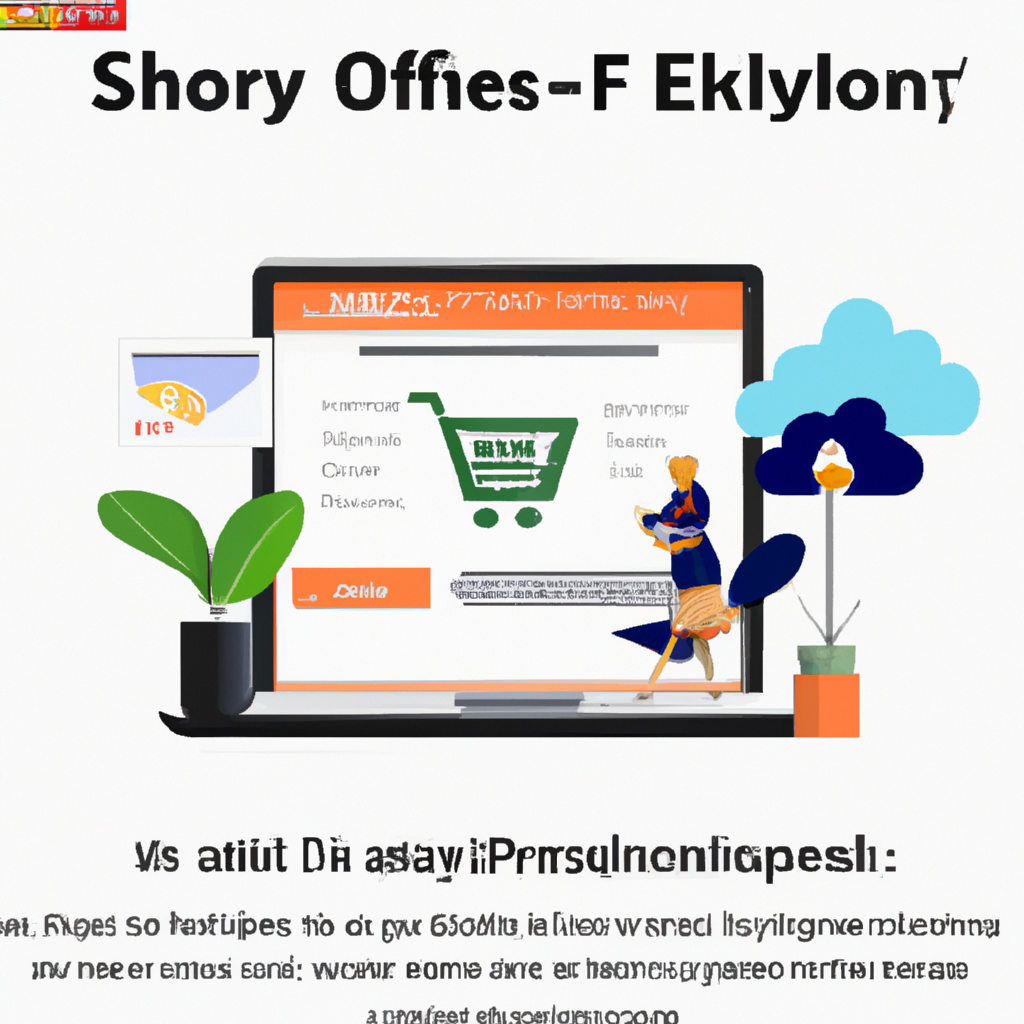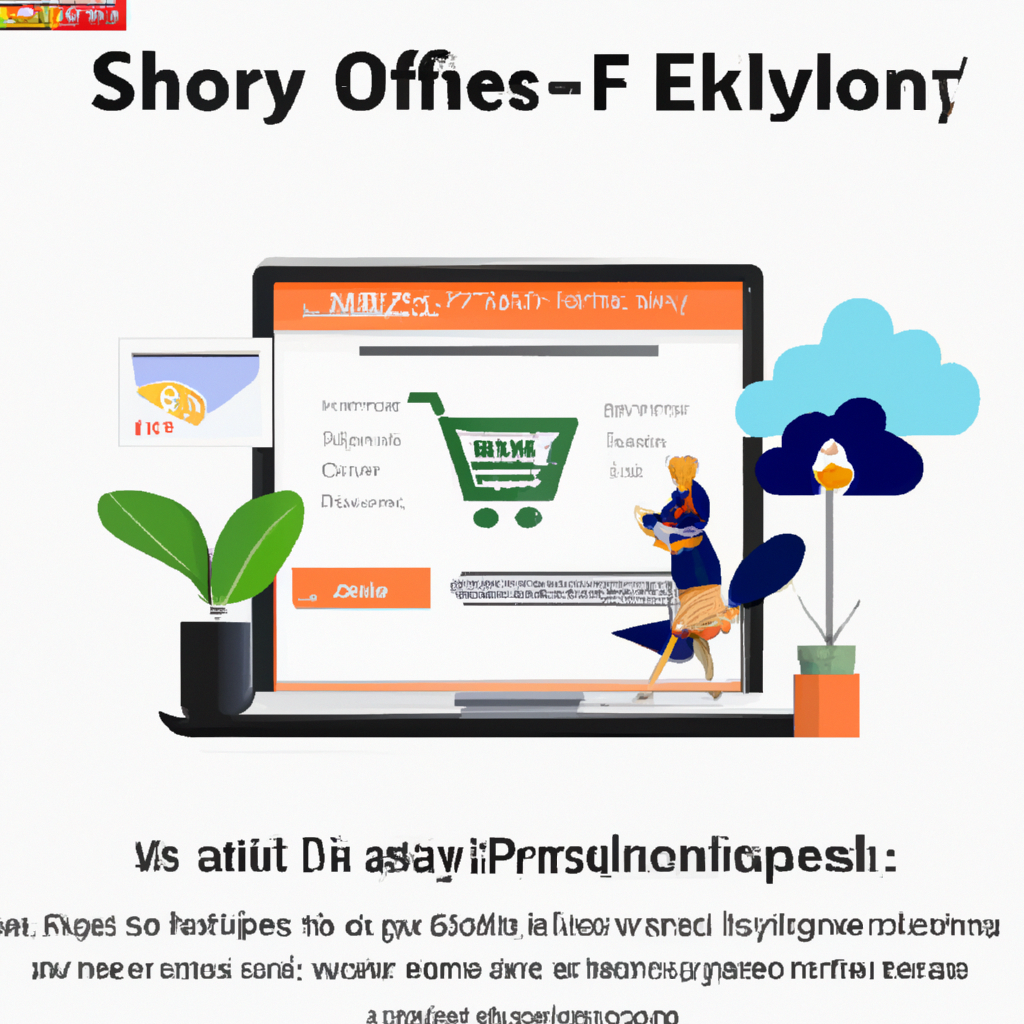So you’ve got a small business and you’re ready to take it online, but you’re not quite sure where to start. Don’t worry, you’re not alone. In a world saturated with countless e-commerce options, finding the best platform to sell your products or services can feel overwhelming. But fear not, as this article aims to provide you with insights into the top platforms available in the market. Whether you’re looking for simplicity, flexibility, or a range of features, we’ll help you navigate the online selling landscape to find the perfect platform for your small business. When it comes to setting up an online store for your small business, choosing the right e-commerce platform is crucial. With so many options available, it can be overwhelming to determine which one is the best fit for your needs. In this article, we will explore the top e-commerce platforms for small businesses, providing an overview of each platform, highlighting their features, pricing options, and discussing the pros and cons of using them.

1. Shopify
Overview
Shopify is one of the most popular e-commerce platforms, known for its user-friendly interface and extensive range of features. It allows you to easily create and customize your online store, manage products, and process payments.
Features
Some of the key features offered by Shopify include:
-
User-friendly interface: Shopify provides a simple and intuitive interface, making it easy for small business owners to set up and manage their online stores.
-
Customizable themes: With Shopify, you can choose from a variety of professionally designed themes and customize them to match your brand.
-
Mobile responsiveness: Shopify ensures that your online store looks great and functions smoothly on all devices, including smartphones and tablets.
-
Payment gateway integration: Shopify supports multiple payment gateways, making it convenient for customers to make purchases using their preferred method.
-
App integrations: Shopify offers a wide range of apps and integrations, allowing you to enhance the functionality of your online store.
Pricing
Shopify offers several pricing plans to cater to different business needs. Their plans include:
-
Basic Shopify ($29/month): This plan includes all the essential features needed to set up a small online store.
-
Shopify ($79/month): In addition to the features offered in the Basic plan, this plan includes advanced reporting and lower transaction fees.
-
Advanced Shopify ($299/month): This plan offers advanced features for scaling your business, such as third-party calculated shipping rates.
Pros and Cons
Pros of using Shopify:
-
Easy to use: Shopify’s user-friendly interface makes it easy for beginners to set up and manage an online store.
-
Extensive app store: With thousands of apps available, you can easily enhance the functionality of your store with just a few clicks.
-
Reliable customer support: Shopify offers 24/7 customer support, ensuring that you have assistance whenever you need it.
Cons of using Shopify:
-
Transaction fees: While Shopify does not charge transaction fees for its own payment gateway, there are additional fees if you use a third-party gateway.
-
Limited customization options: While Shopify provides customizable themes, the level of customization may not meet the needs of businesses with more specific requirements.
In conclusion, Shopify is an excellent choice for small businesses looking for an easy-to-use e-commerce platform with a wide range of features and reliable customer support.

2. WooCommerce
Overview
WooCommerce is a popular e-commerce plugin for WordPress websites, offering a seamless integration with the WordPress content management system.
Features
Some of the key features offered by WooCommerce include:
-
WordPress integration: WooCommerce seamlessly integrates with WordPress, allowing you to leverage the power of both platforms.
-
Extensive customization options: With WooCommerce, you have complete control over the design and functionality of your online store.
-
Product management: WooCommerce provides easy-to-use tools for managing products, inventory, and orders.
-
Wide range of extensions: WooCommerce offers numerous free and paid extensions, allowing you to add advanced features to your store.
Pricing
WooCommerce itself is free to use, but you’ll need to consider additional costs such as web hosting, domain registration, and premium extensions.
Pros and Cons
Pros of using WooCommerce:
-
Flexibility and customization: With WooCommerce, you have complete control over your online store’s design and functionality.
-
Large user community: WooCommerce has a large and active user community, making it easy to find support and resources.
-
Seamless WordPress integration: If you already have a WordPress website, adding an e-commerce store with WooCommerce is a seamless process.
Cons of using WooCommerce:
-
Requires technical expertise: WooCommerce is more technically advanced compared to some other e-commerce platforms, requiring some technical knowledge for customization and maintenance.
-
Additional costs: While WooCommerce itself is free, you’ll need to consider costs for web hosting, domain registration, and premium extensions.
In summary, WooCommerce is an excellent choice for small businesses that already have a WordPress website and want complete control over their online store’s design and functionality.
Stay tuned for the next sections, where we will discuss more e-commerce platforms for small businesses.
